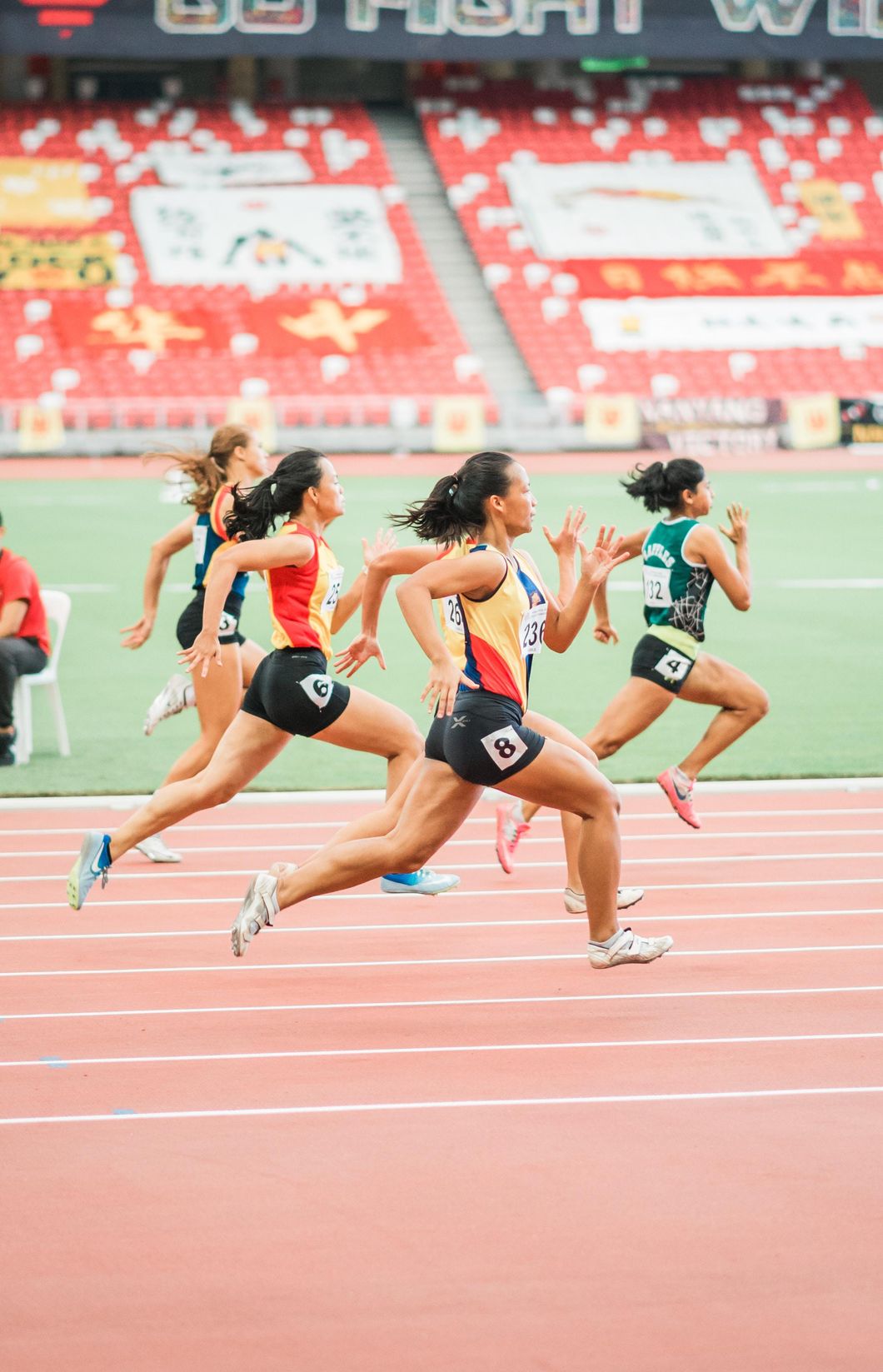For the longest time, sports scandals have broken the news with headlines catching the eye of the public.
Journalists latch on to these immoral acts and portray them in a negative light. Athletes idolize these people, and their desire to remain seen drives their will to win. They start to view winning as the most important aspect of athletics. What if their focus was shifted?
What if the wrong stories have been brought to light?
The story of Shalene Flanagan and how she and fellow runner, Desiree Linden worked together and ultimately ended up winning the race proves just this. These athletes' ability to put competitiveness on hold and turn to being a good person supports the idea that competitiveness and altruism can coexist. Altruism is defined as " the principle and moral practice of concern for happiness of other human beings". It is said that humans are capable of living this way and have a "unique capacity for doing good. We have theory of mind, the ability to understand others' points of view, including their pain." Whether it's used in the right sense, however, can be debated.
In the sports world, there is a constant underlying need to compete at the same level as others.
This, of course, blocks the idea of altruism existing. However, if a new definition of a 'successful athlete' was created, people's mindsets would be changed. With the over-broadcasted portrayal of negative acts in the sports world, and the fact that athletes become consumed by the pressures to win and standards to meet, it can often be lost that they do have the capability to be both successful in sports and in character. Sports are often seen as only needing athletic capability, but good character is necessary as well. This message is often hidden in the way the media over-broadcasts negative acts in the sports world, and in the way that athletes are consumed by the pressure to win.
It can be lost that athletes do have the capability to be both successful in sports and in character.




















